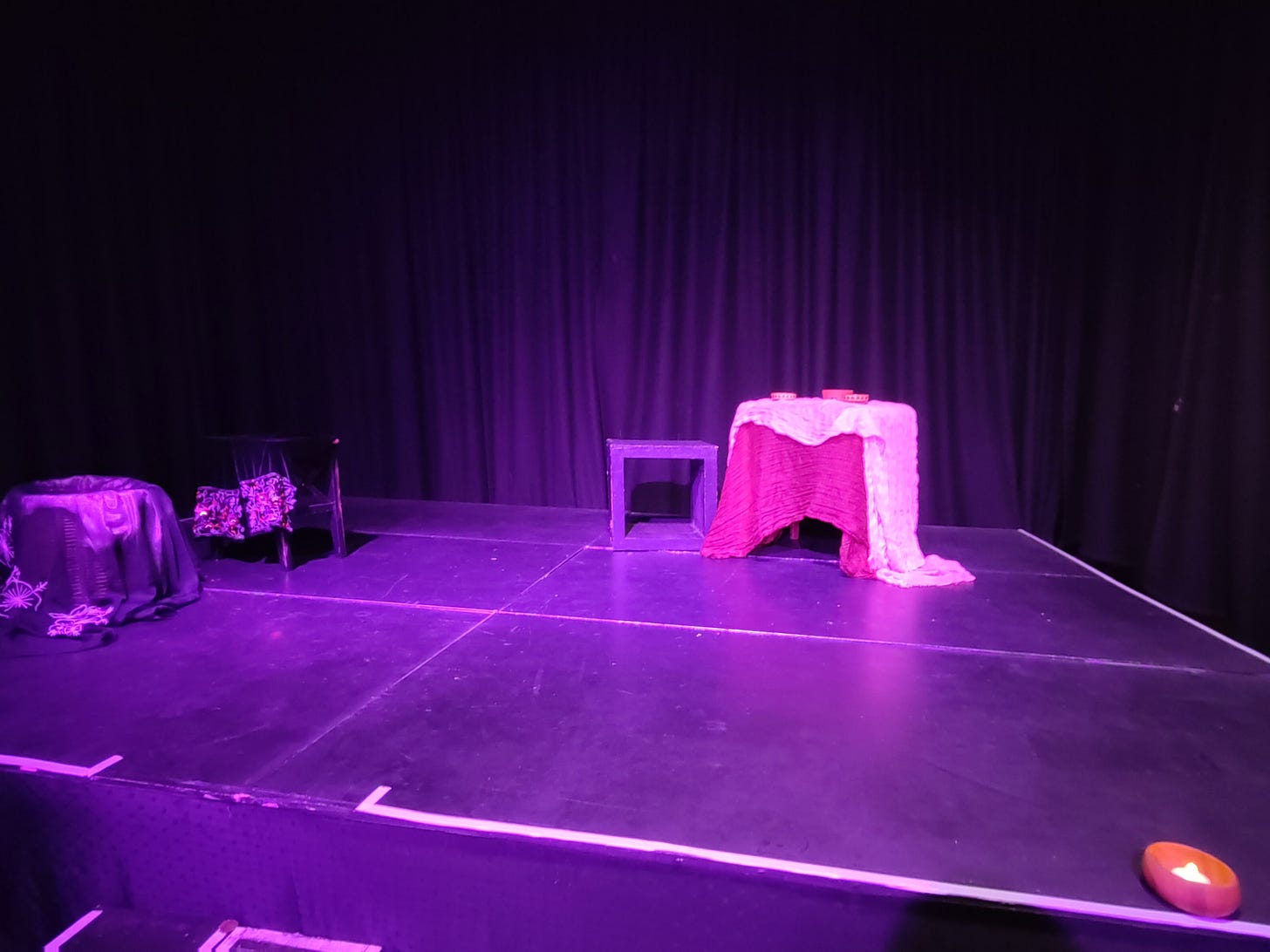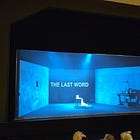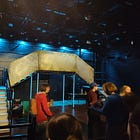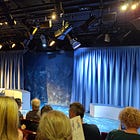That Witch Helen @ The Bread and Roses Theatre - Review
Raw female rage. Lyrical, emotive and extemely clever. ★★★★
One night only at The Bread and Roses Theatre, Clapham, part of Lambeth Fringe. 13th October 2024.
Tickets £15.
Rating: ★★★★
Feminist retellings of classics are nothing new, to the point it’s almost a genre of it’s own. That Witch Helen is an excellent example of the genre. Writer and performer Catie Ridewood brings a thorough understanding of Greek myth and theatre to this poignant, timelessly modern, one-woman show. Helen is simultaneously humanised and turned into a symbol of wronged women, a seriously impressive accomplishment.
Helen of Troy is one of those characters who frequently shows up, but rarely has her story told in full in a single piece of media. She’s born of Zeus after one of his many transgressions; sister of Castor and Pollux; the prize of the golden apple debacle; and of course is the face that launched a thousand ships. It’s rare this is all pulled into a single narrative. Ridewood provides this continuity while taking the kind of liberties with details that Greek storytellers always have, and draws a convincing and emotional thread from a brave Spartan child to a hated “witch” on the losing side of a war.
The style is disjointed and not entirely chronological, which feels playfully in conversation with the way Helen’s story has been fragmented by conventional tellings. It bounces effectively from verse to modern informal address, almost feeling like stand up comedy at times, complete with in-laws jokes. At no point does this piece shy away from the nastiness of the Greek epics or the modern world, misogyny is addressed head on with no sugarcoating of the rape and child abuse in the source material, and no shyness about drawing direct parallels with how women and girls are treated today. The description of being taken by Theseus could be a testimonial from any time. There are a few weaker moments, especially when movement comes into play, Ridewood is not quite the right performer to pull off the brief elements of interpretive dance, which look awkward and somewhat break the flow.
The human side of this performance is no less impactful. Helen is, as the meme goes, just a girl. She is not a perfect victim; she is catty and selfish, insulting other women and complicit in misogynistic practice. She went with Paris willingly, because she was in love, and she muses on what could have been if the world was different. There are multiple tearjerking moments, which add to the anger bubbling under the surface of how Helen, the literary figure, has been treated for thousands of years.
The tech, by Moon Berglind, is used effectively. Lighting adds drama and aids with quick scene changes, while a whispering soundscape is barely noticeable until it hammers home the universal point to this piece at the end. Costuming is interesting, with Ridewood in nude shapewear for much of the show and dressing and undressing on stage. It is a solid concept, but the actual clothing could do with refinement- there are points where difficult dressing interupts flow, and it feels like a missed opportunity for even more of Ridewood’s clever punning and symbolism. Props are used to impressive effect, especially those symbolising other bodies.
This piece seems to run slightly differently each time (other reviews reference three players), but frequently. I would urge anyone vaguely interested in the classics to see this at the first opportunity.
You might also like:
Symbols are people; people are symbols:
Trojan Classical world women:











